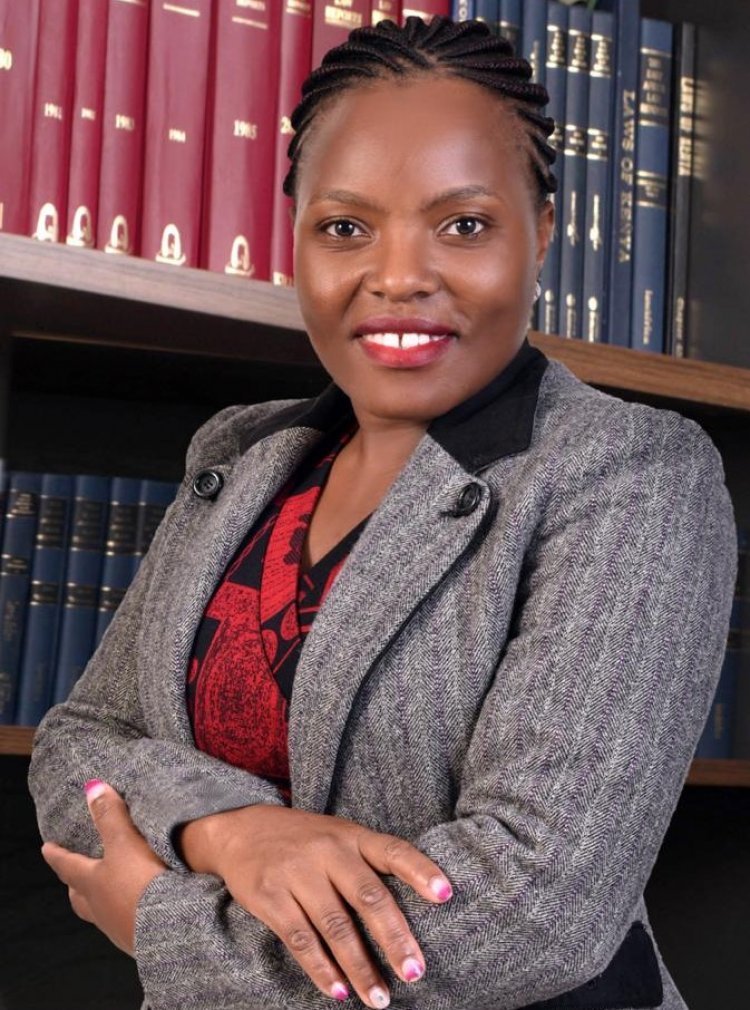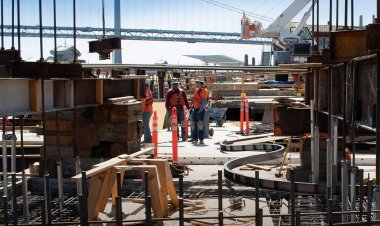The Virtual Seat: Duties and Responsibilities of a Real Estate Lawyer
This week on the virtual seat, I hosted a real estate lawyer and she had a lot to say about the ins and outs of real estate law.

- Who are you and what do you do?
My name is Dorcas Wamaitha Francis, an astute lawyer and founder of Wamaitha Gichamba and Co. Advocates (WGA). My legal career spans five (5) years in which I have advised both local and international clients on diverse legal issues ranging from commercial and tax law to real estate law.
- What are the duties and responsibilities of a real estate lawyer?
Before I respond to your question, let me say this: most people, especially land purchasers, ignore the importance of a lawyer and the role they play in a land transaction. There’s a preconceived notion that lawyers are expensive and their roles can easily be performed by brokers.
In land law, the Latin phrase ‘caveat emptor’ which loosely translates to ‘let the buyer beware’ is to the effect that a purchaser in a land transaction is responsible for performing all due diligence to ensure the property they are purchasing has a ‘clean’ title. A real estate lawyer, therefore, performs a critical role in conducting the due diligence on behalf of the purchaser and ensuring the interests of the purchaser are safeguarded.
Of note is that the lawyer’s tasks vary depending on the party being represented. When acting for the purchaser, his duties revolve around conducting due diligence over the property (i.e. a physical inspection, historical and registry searches), preparing and negotiating the agreement for sale (the “AFS”), payment of stamp duty and lodging the transfer documents to ensure the title is issued in the name of the purchaser.
If acting for the seller, the lawyer’s duties include review and negotiation of the AFS, payment of capital gains tax (where applicable) and ensuring the transfer documents are sent to the purchaser’s advocate to complete the sale. The seller’s lawyer also liaises with the purchaser’s lawyer regarding payment of the purchase price according to the terms of the AFS.
- Are there branches of real estate law?
Not quite. We only have different laws that govern land transactions. These include the Constitution of Kenya, 2010, the Land Act, 2012, the Land Registration Act, 2012 and the Sectional Properties Act, 2020.
- What's the difference between a conveyancer and a real estate lawyer?
According to the Cambridge Dictionary, a conveyancer is a person whose job is to manage the legal process of moving land or property from one owner to another. A real estate lawyer, on the other hand, is a qualified legal practitioner who manages a transaction involving the transfer of land. The difference between a conveyancer and a real estate lawyer is therefore mainly on professional qualifications.
See, a lawyer is bound by rules of professional conduct and any misconduct can be reported by a client to the appropriate forums including the [Advocates] Disciplinary Tribunal (the “Tribunal”). A complaint against an advocate of professional misconduct including disgraceful or dishonorable conduct incompatible with the status of an advocate can actually be made to the Tribunal by any person.
These forums are not necessarily available for conveyancers and in the unfortunate event of a deal going south, a client is left frustrated with the option of suing the conveyancer. Guess who such a client runs to? The same lawyer they were avoiding! The point is that a party to a land transaction, especially the purchaser, should avoid shortcuts and engage a real estate lawyer from the get-go. This ensures the sanctity of the land deal.
Dealing with a conveyancer opens up the client to the risk of losing money, the property or the title thereon which are generally caused by lack of proper documentation cementing the deal.
- How can someone know if he/she is dealing with a genuine lawyer?
As outlined elsewhere in this post, lawyers are bound by rules of professional conduct and they ought to abide by these rules in their dealings with the people to whom they owe the very core of their existence: their clients. The first step that you should take upon engaging a lawyer is to check their practicing status on the LSK website (http://online.lsk.or.ke/).
A lawyer whose practicing status is inactive, suspended or struck out is not qualified to transact on behalf of a client. This step abates any possibility of dealing with unqualified persons, also known as quacks.
6. Which is that one hard case you’ve handled?
Well, I have handled interesting cases for the five years and there's this one case that makes me look back with pride. It involved a company that was embroiled in a tax dispute with the Kenya Revenue Authority (KRA). KRA was demanding taxes in billions from this company. We argued the case at the Tax Appeals Tribunal where the tax demand was reduced by 80%. This was a big win for our client and I can tell you the relief wasn't given to our client on a silver platter. It meant having sleepless nights looking through the tax statutes to defend our client's cause. At some point, the KRA had issued agency notices to our client's bank but we managed to get interim orders to lift the agency notices.
Truth: a win for a client is definitely a win for the lawyer.
For more information on Wamaitha Gichamba and Co. Advocates, visit the website https://wamaithagichambaadvocates.com/ or call 0719311563.
Edited by Pendo Setim.

































